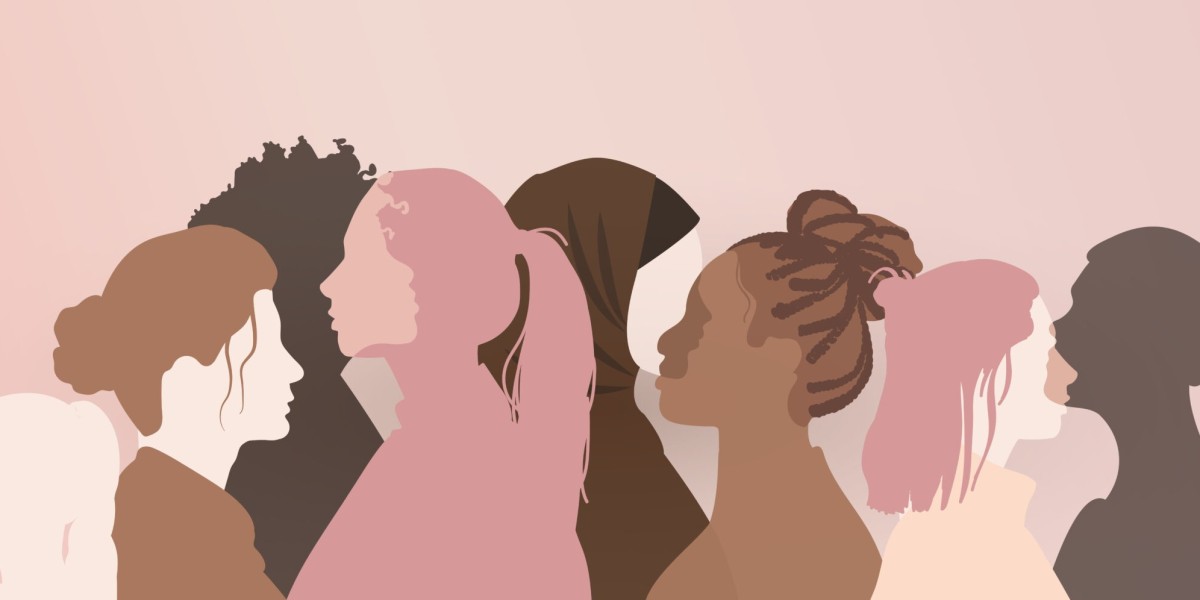Mental health concerns aren't just an issue for men - women can suffer from mental illness, too. Whether it's from hormonal fluctuations, the stress of life, or the societal pressure to "juggle it all" without complaint, many women struggle with depression, anxiety, and other conditions that can cause psychological distress. And while it hasn't always been easy to seek treatment, as mental illness awareness has become a worldwide talking point, women have a number of resources at their disposal.
Many women face specific issues that can lead to mental health problems, especially if they are in poverty, abuse victims, or have experienced domestic violence. The biological and social impacts of these issues can have a long-term impact on a woman's mental health, often affecting her for the rest of her life. For example, untreated maternal depression can have lasting effects on both the mother and the child. Poverty and sexual abuse are also known to be linked to poor mental health in women. Studies have found that more women than men report symptoms of depression and other mental disorders. The NIMH has discovered that there are gender differences in how the brain responds to different forms of depression, and researchers hope to develop new ways to diagnose and treat depression specifically for women.
Women's psychiatric care is often complicated by the fact that they are usually the primary caregivers for their children and for the elderly or sick members of their families. The demands of these roles can have a direct effect on mental health, and the role of women in society is often seen as being secondary to that of men. Girls and young women are prone to developing dissatisfaction with their bodies at the onset of puberty, which can lead to feelings of self-loathing that may contribute to depression later in life. Women in low-wage jobs are more likely to experience mental health issues, including anxiety and depression, than those in higher-paid, secure employment.
There are a number of different options for treating a mental health disorder, including therapy, medication, and group support. Many women who struggle with depression and other conditions find relief from a combination of medication and psychotherapy. A psychiatric doctor (MD or DO) can provide diagnosis and treatment for mental illnesses, as well as prescribe medications and offer psychotherapy via talk therapy.
Despite centuries of stigmatization, misdiagnosis, and neglect, the COVID-19 pandemic has brought mental health concerns to the forefront of public conversation. But, the fact is, millions of women are struggling with mental health issues, even without a diagnosis or the help of a professional. Mental health professionals are ready to ensure that afflicted women receive the help they need and can return to a healthy state should they stray from their path again. They're just a phone call or web page away.



